Several notable articles have surfaced of late that touch on what may soon result in one of the largest treasure discoveries in the history of mankind. Should this occur, it will have significant consequences, but based on my experience as an author who's dealt with this subject, my hope is the real history does not get lost.
I'm writing about the rumored Nazi Gold Train, buried under a labyrinth of tunnels in the hills of Lower Silesia in Poland. This connects on many levels with the thriller I penned last year, Vault 21-12 (Percussion Publishing).
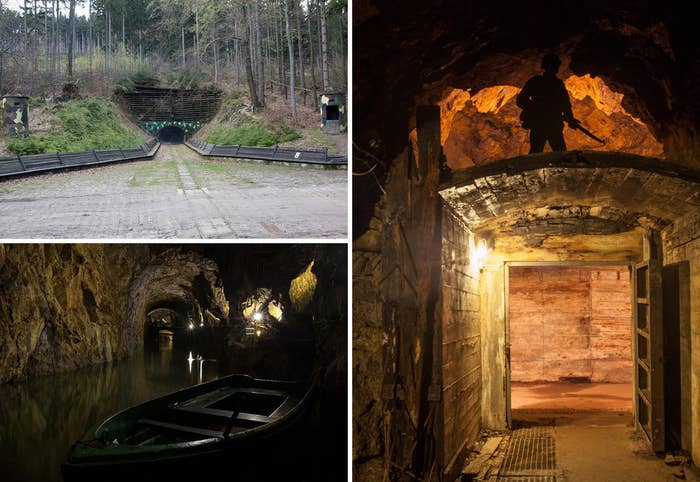
There is an ethical dilemma when it comes to the subject of World War Two treasure. Multiple parties are working to find the gold and it is likely something will be found in the next several months. Should the Nazi Gold Train be discovered, the situation demands a robust discussion before, during and after it sees the light of day.
This has the potential to send shockwaves across the globe. We're not talking about cultural discoveries like the discovered artwork in Munich (2014). This may represent billions of dollars in gold bullion.
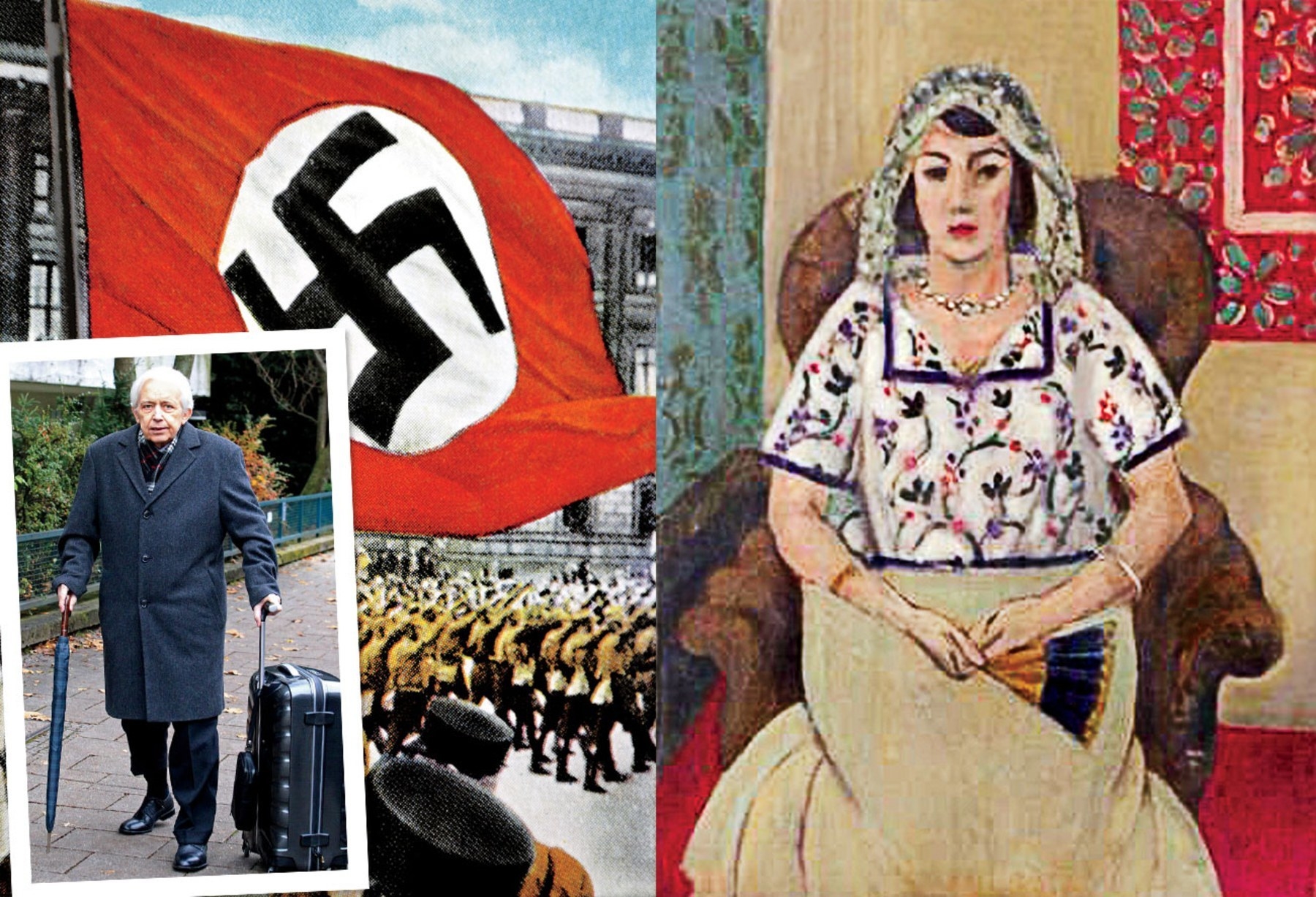
To educate yourself on recent developments, read the recent New Yorker cover story titled, The Nazi Underground, penned by James Halpern. Another piece followed on Buzzfeed: The Hunt for Poland's Buried Nazi Gold Trains, which offers captivating visuals and photographs. If these two stories don't intrigue you, nothing will. Regarding more recent developments, the Polish army is now involved digging for the treasure themselves. When a government authorizes its military to dig for war loot, you know it's getting serious.

My involvement with this unfolding story goes back to the Fall of 2011 when I penned the first draft of Vault 21-12. My thriller touches on lost war booty. Like any new project, I was excited to delve into a subject that was mysterious to me. The process required a significant amount of research, and as often is the case, first drafts require multiple revisions.
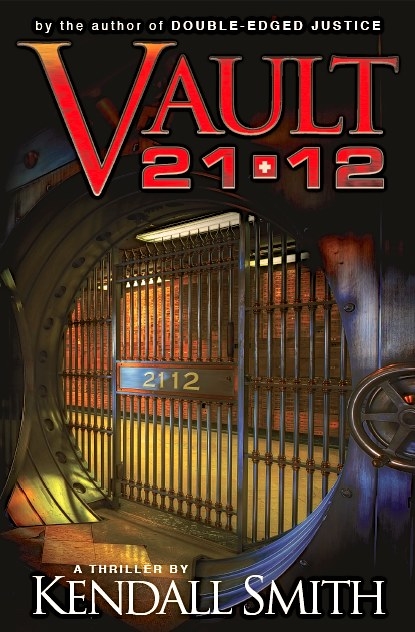
I shelved the completed draft for two years, but during this time, some interesting developments surfaced. The Monuments Men, penned by Robert M. Edsel, started to gain significant attention. A fantastic account of history, it touches on the Nazi's plunder of art treasures during World War Two. Columbia Pictures propelled the story to the big screen in 2014, and the movie version includes such notable actors as George Clooney, Matt Damon and Bill Murray.As an author of a war treasure-related novel, this was an exciting development. It's rare when a four-year project coincides with a Hollywood production, especially when it reveals a lesson from history that connects with the subject at hand.
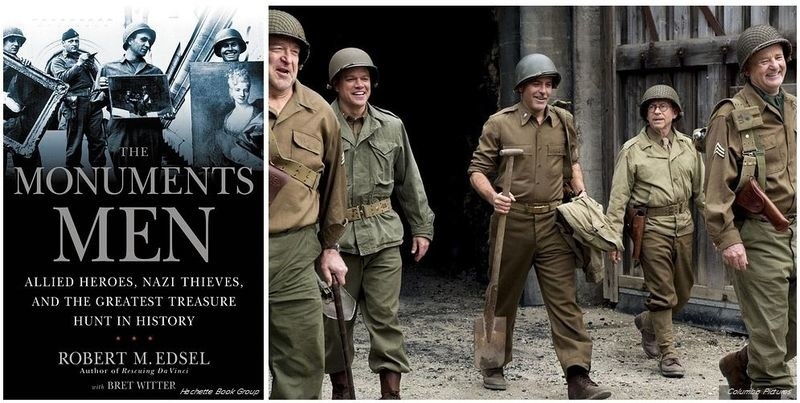
As I worked through the process and revised the story, a critical dilemma continued to repeat itself. It did not relate to the plot, characters or pace of the thriller. The issue related to the story's conclusion. There is no simple way to end a story when it relates to the most tragic chapter in human history.
This element relates to what is taking place right now. A generation of lost wealth, stolen by Nazis who plundered Europe and murdered an entire generation of people, may result in billions of dollars of financial gain.

This dilemma represented a major challenge when I rewrote Vault 21-12. If I ended the story with my protagonists on a luxurious estate, paid for by the wealth they discovered, how does that translate to readers? What does that say about their character? The overall theme would relate to the playground phrase, finders keepers, but that was the last thing I wanted to espouse. Every great novel ends on a moral compromise between an author and his audience: The conclusion has to represent a better outcome compared to the story's beginning (outside of tragedies, which represent a reciprocal approach).
Here's the point: and I'm writing this now before a major discovery takes place in the hills of Poland. If today's generation does not understand the significance of a discovered Nazi gold train, it represents a broader tragedy. Those born after World War Two need to come to terms with what the war meant to humanity.
There's also the question of the source of the gold itself. Based on the volume of research to write my thriller, this particular trove of gold does not relate to the hidden treasure found in the Merkers Mine at the conclusion of the war. That particular stash represented one hundred tons of gold and was a core pillar from the German federal banking system. The modern-day value of that treasure: $4,100,000,000 billion dollars.
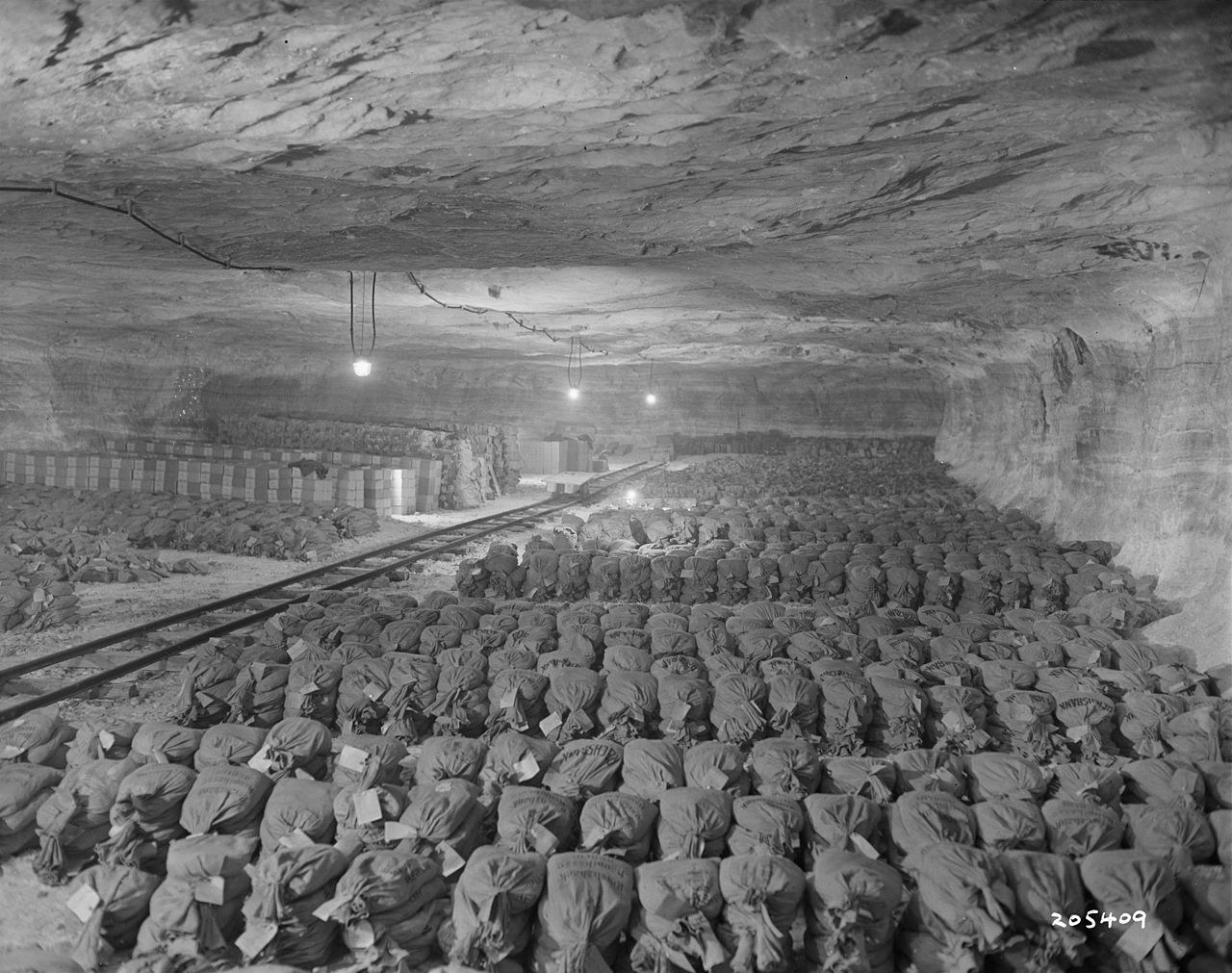
The gold that soon may be discovered is located in a region marked with a significant number of concentration camps. It will represent the wealth of a murdered generation: Jews, Slavs, Gypsies, Muslims, prisoners of war and every conceivable slice of humanity unrelated to the Aryan race. This gold will represent everyone's lost treasure.

If discovered, it is critical that the lost treasure is not provided to any one group or divided up amongst those who discovered it. It should represent the most significant history lesson to pass down from one generation to the next. For those born after the war, including future generations, it is critical for everyone to gain an understanding of what humans are capable of doing.

The entire volume of discovery should be made available to the public through museums, and ideally, the exhibit should travel across the globe. Admission should be free and any costs associated with security and transportation could be paid for with the value of the gold itself. It would represent an investment from one generation to the next – the generation lost during World War Two would essentially, 'pay it forward,' to extoll a better understanding to future generations so it never happens again.
This came full circle for me as an author when I revised Vault 21-12 to illustrate this ethical dimension. I purposely ended the story with an undeniable douse of morality. My hope is the thriller is more authentic for readers, and if nothing else it is anchored with a respect for history.
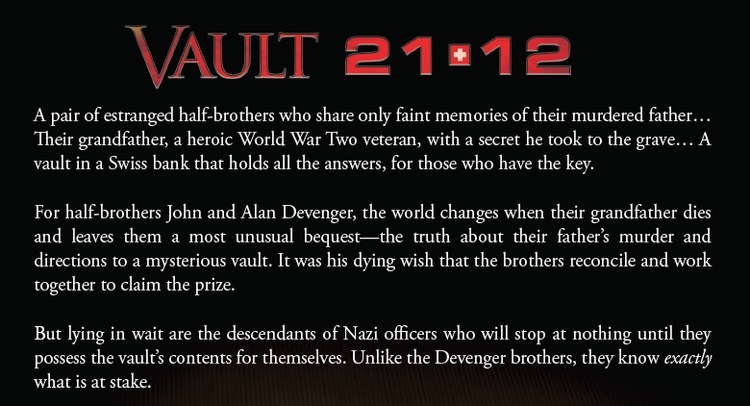
This story also touches on my grandfather's service during World War Two. He fought in the 7th and 8th armored divisions and he was personally involved in the liberation of a concentration camp. One story that passed down within my family was how he came across a collection of silver jewelry and silverware outside of the camp itself.
That collection of personal effects was nearly two stories high.
The greatest treasure we can hope for is one that educates future generations about the dark side of humanity.
About the Author
Kendall Smith is the author of two novels, Vault 21-12 (2015, Percussion Publishing) and Double-Edged Justice (2007). His next work, Satirical Shorts (Vol. 1) will be a joint publishing effort with Presley Acuna (The Day & The Hour, Percussion Publishing, 2016), a fellow author and will focus on political satire. This Novella is slated to debut in July of this year.

